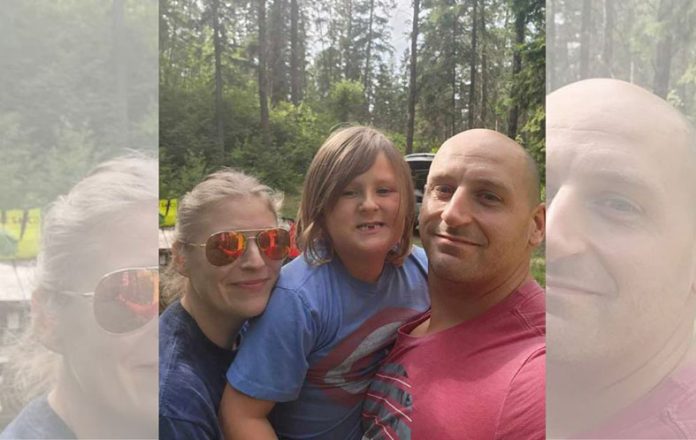For Prince Albert’s Kora Brick, being surrounded by other neurodivergent families is the greatest means of support.
That’s why she and her husband are working towards bringing the city’s neurodivergent community together with sensory-friendly meet-ups and support groups. They’ve started by creating a Facebook group to connect with others in similar circumstances.
“I think there’s a lot of us that just don’t know we’re out there,” she said.
Brick was diagnosed with autism and attention deficit/hyperactivity disorder (ADHD) following her son’s autism diagnosis a couple of years ago. Her husband has also been diagnosed with ADHD and dyslexia.
She said they’ve created a calm, safe space in their home in order to prevent overstimulation – but that’s not always something you can control when you walk out the door.
Brick said her six-year-old son, James, can struggle in the school setting because he’s less social than other kids.
“The goal is to get him around other kids that might be more like him, where they want to play near each other but not with each other,” she said.
“If he can be nurtured, and it’s the same for me, whether it’s nurturing environments that support being who you are, then he’s just like everybody else.”
James has no trouble with academics, she said. He started reading at an early age, is excited to learn about math, and can tell you all the fun facts he’s learned about insects and planets.
“He’s so mature in one way, and then also needs help brushing his hair still,” she said, adding that she’s the same way.
“If you were to just meet me, you wouldn’t notice it. That’s kind of the big stereotype, is ‘You don’t look autistic,’ ‘You don’t act autistic.’”
Brick said she’s considered high masking. ADHD masking refers to hiding or suppressing your symptoms, either consciously or subconsciously.
She’s hoping to facilitate play dates, especially at the disability-friendly Alfred Jenkins playground, for neurodivergent children to interact in low pressure settings. Brick said this might also lead to adult-specific events, inspired by comedy shows she and her husband hosted following COVID-19 lockdowns.
Brick said when James was about one and a half years old, a doctor suggested he get assessed for autism based on his behaviour. That’s when Brick and her husband decided to get assessed, too.
“My whole world just changed completely once I realized ‘Oh, it’s not just him,’” she said.
“That’s when I started to really look into what autism was and what neurodivergent was and what it meant, and kind of had to look back at my whole life and realize ‘Oh yeah, it’s definitely been there.’”
Brick is also hoping the group provides support with her struggle accessing resources. She said James had to be assessed in Saskatoon, and he’s still on the waitlist for autism services in Prince Albert.
According to federal government data from 2019, just over half of youth with autism spectrum disorder were diagnosed before age five. About one in 50, or two per cent, of Canadian youth one to 17 years old were diagnosed with autism.


